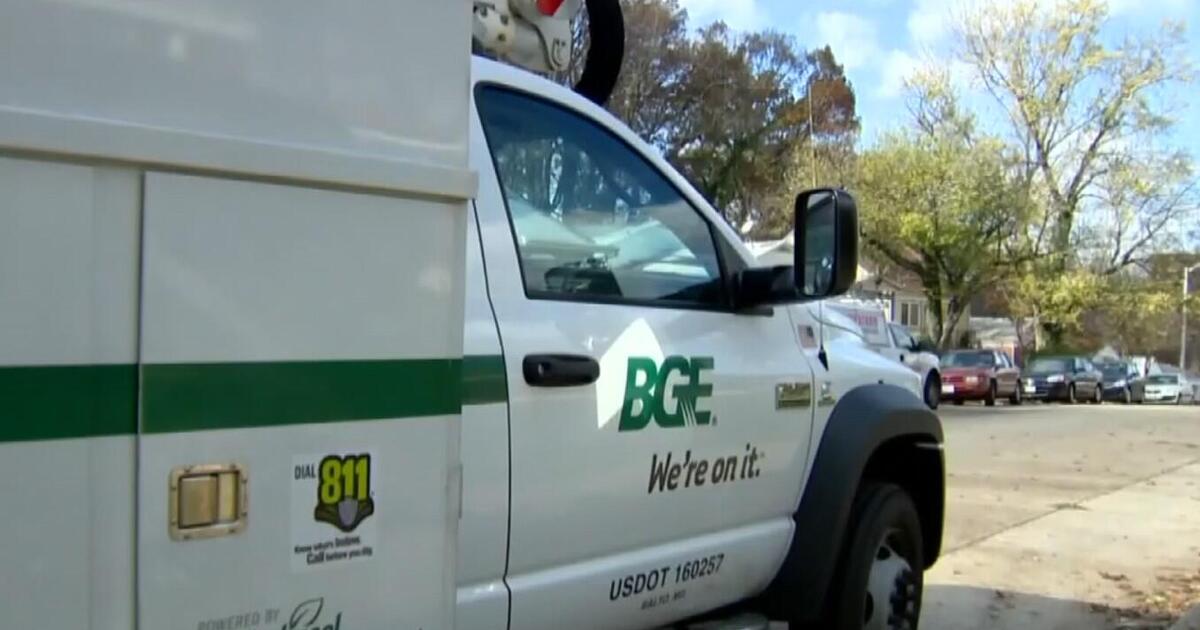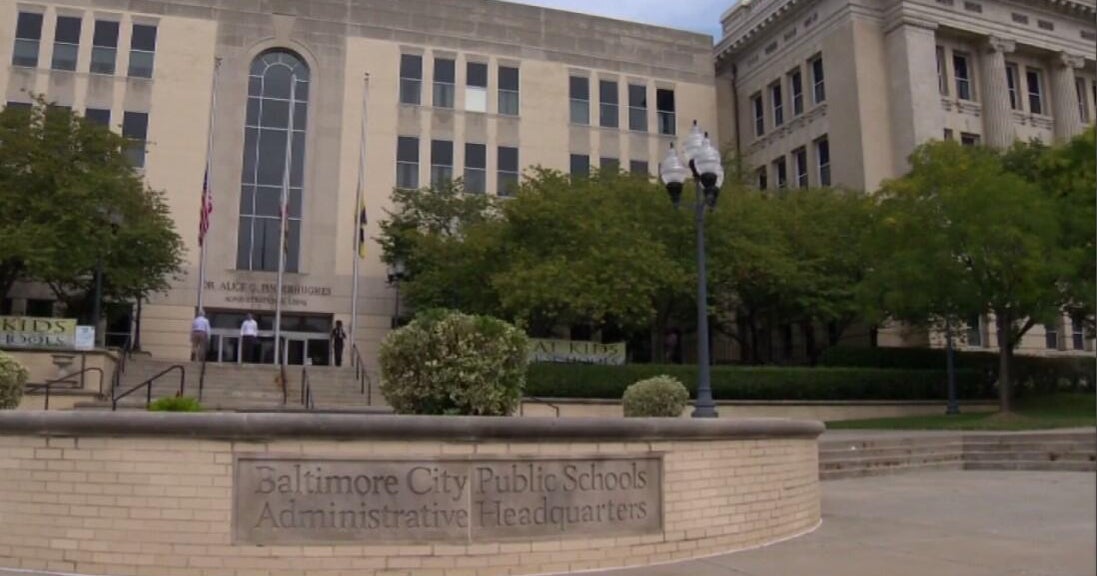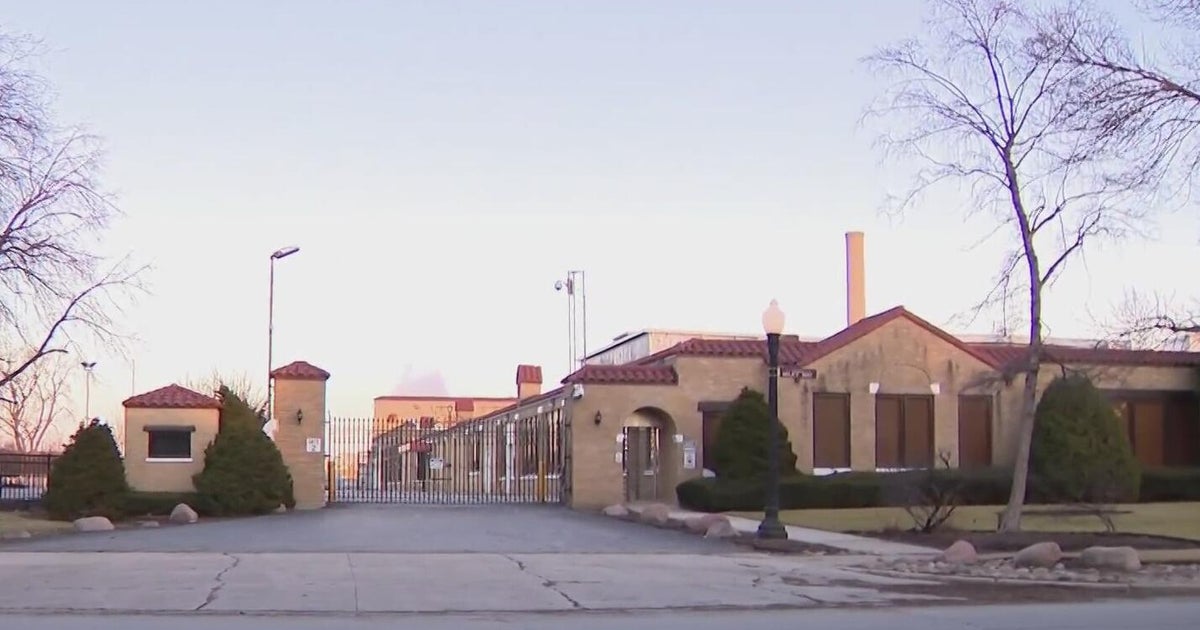Baltimore residents push back against BGE's plan to raise its rates
BALTIMORE -- How much is too much to pay for power?
That's the question that Baltimore residents are asking as BGE requests approval to raise rates. If approved, the plan would increase rates by 5% annually, but some people believe that they're already paying too much.
Fells Point resident Lauren Brown said that she dishes out roughly $140 per month to BGE, which she says is "already astronomical," and she's worried that number will soon go up.
BGE says the money will go towards improving the reliability and safety of its system, which serves 1.3 million electric customers and 700,000 gas customers in Maryland.
Also, the rate hikes would go towards helping the state reach its climate goals, according to BGE.
But that isn't enough to sway BGE customers—who are looking at an annual average rate hike of roughly $750 per customer.
"Between this and the whole external regulator debacle, I'm not so happy with BGE right now," Brown said.
Even the Baltimore City Council is fighting back against the plan because they say it could be harmful to the community for numerous reasons.
Back in July, the city council passed a resolution asking the Maryland Public Service Commission to reject the proposal.
On Thursday, Maryland Public Interest Research Group Emily Scarr held a meeting with BGE customers to discuss the proposed rate hike.
She said she, too, is urging the commission to reject BGE's rate-hike plan. She said she wants to see the company consider giving Marylanders a locked-in rate.
"They can simply say no and give them a rate for going forward that doesn't increase year to year and that's what we're asking them to do," Scarr said.
WJZ reached out to BGE about the meeting, and to get the company's response to the community's concerns over the rate hikes.
BGE said in a statement that it "cannot simply stop upgrading the gas system," which it "has a legal obligation to operate and maintain."
The company said it is "making investments to meet both State and Federal policy with respect to aging infrastructure."







